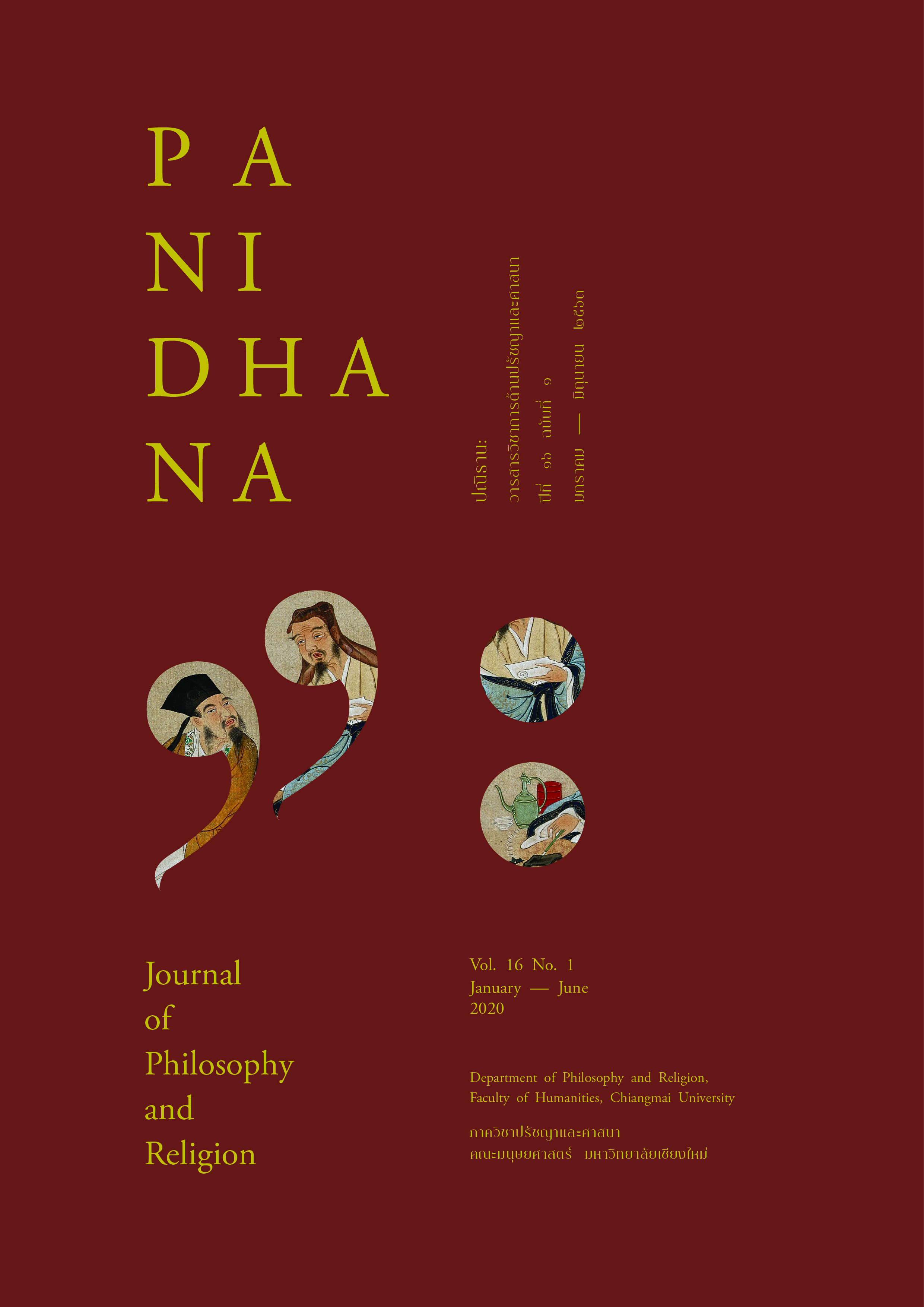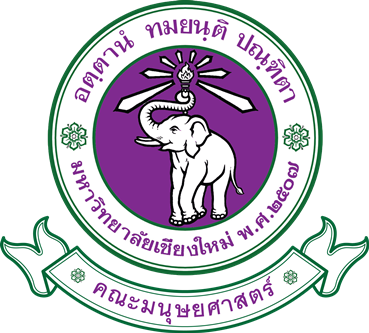บทบรรณาธิการ
บทคัดย่อ
There has been a profound shift during the global pandemic of Novel Coronavirus leading to the COVID-19 disease. Editorial team of Panidhana Journal of Philosophy and Religion would like to express our sincere gratitude towards healthcare workers, and those who have been working really hard to stop this pandemic. We hope that philosophy can be part of the longterm solution to this ubiquitous problem, thus we would like to invite authors inwho interesting in the problem to submit their philosophical writing to our journal.
This issue consists with three research articles and three academic article. Two of them are about philosophy of education. Deelee study about student development by using Dewey’s pragmatism while Suglor trying to understand perception of visually impaired students. These two article are surprisingly similar in conclusion. They suggested that knowledge are tend to be of empirical. Suglor proved that visual perception as a mean of experiencing the world is crucial in the process of learning. In the same manner, Deelee’s analysis of student development division, Chiang Mai university must be coupled with experiences.
Two articles focus on eastern philosophy; Jina uses Taoism to analyze the concept of humanism, and Treepunya use Zen Aesthetic to look into Kamin Lertchaiprasert’s arts. Treepunya’s attempt to understand Kamin’s art are very serioud task. The difficulty are not only a focus on grasping the true meaning of art of Kamin as Kamin really want his audience to perceive, rather it is the question of how we can write about artistic product that is very subjective? Treepunya has presented a thoroughly, scrutinized analysis here.
The last two articles are about India and its social and cultural predominance i.e. caste system and its practices. Kidpromma’s work shows a hidden layer of how academician could grasp the prolongevity of caste system in India. She shed some light on how western’s view can be critiqued by using a real life experience in a selected group of villager in west bengal that is not included in the Oreintal depiction, and proved that they are, too, hegemonized without Sanskritization. Be on the same page, Vansu questioned the unlikely of follower of caste system among Indian Muslims. I would like to emphasize the “unlikely” because it is questionable for Muslims to follow Hindu’s caste system. Vansu has recalled Islamic doctrine which prohibits a practice of inequality and explain the reason of its existence.
Finally, this issue is the last issue of my editorial responsibility. There is an unpleasant news about our journal ranking index as one would have noticed the silver badge at the top corner of our webpage. One of the reason that is given to editorial team was that our journal is not a journal of philosophy. The example the evaluator gave was that there is one article that she/he reckon as an article in the field of education, “the article only use logic to clarify the issue” she/he claimed. This has raise a serious concern about how philosophy as a subject will prolong in our society. Among student of philosophy in Thailand, we have always been asking “what is philosophy?, what sort of career a philosophy degree would bring?” or even “what uses of philosophy?”. If the authority defines philosophy as narrow as our journal have been judged, then I assume that it will be more and more difficult to answer above questions. Open-mindedness and open-endedness might be a value of philosophy we all have to help to cultivate first.
ดาวน์โหลด
เผยแพร่แล้ว
รูปแบบการอ้างอิง
ฉบับ
ประเภทบทความ
สัญญาอนุญาต
เนื้อหาของบทความที่ได้รับการตีพิมพ์ในวารสารปณิธานถือเป็นลิขสิทธิ์ของวารสารปณิธาน ห้ามเผยแพร่ ตัดต่อ แก้ไข หรือนำไปใช้ก่อนได้รับอนุญาต
ผู้สนใจสามารถติดต่อขอเผยแพร่เนื้อหาในวารสารปณิธานได้ที่ panidhana-human@cmu.ac.th







